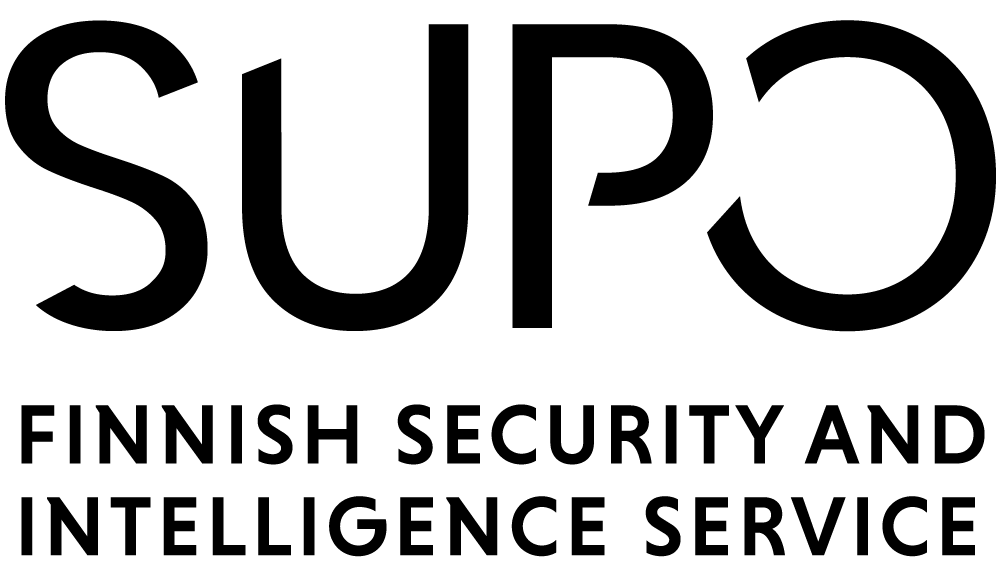Supo works to prevent the proliferation of WMD
The regulatory control measures of Supo seek to ensure that technology or expertise related to WMD are not forwarded from Finland or through Finland. Work to oppose WMD is done in Finland in partnership with several authorities.

Preventing the proliferation, acquisition and manufacture of WMD is a statutory function of Supo known as counter-proliferation work.
Supo seeks to ensure that neither the proliferation of WMD nor the export of conventional weapons to countries under an arms embargo are promoted via Finland or using Finnish enterprises.
The aim is to prevent the proliferation of WMD-related technology, equipment or expertise. Counter-proliferation can also seek to retard the military capability of a foreign power if this jeopardises national security.
Counter-proliferation targets parties that seek to infringe international agreements.
Combating WMD is a matter of international collaboration
International treaties also help to prevent the proliferation of WMD. The Ministry for Foreign Affairs and the Ministry of Defence are key departments for this work in Finland. The Ministry for Foreign Affairs is responsible for issuing export licences for dual-use items, and the Ministry of Defence has a corresponding duty in relation to defence equipment.
Dual-use items are products, technologies, services or other commodities that can be used not only in civilian applications, but also for military purposes.
Enterprises may not export dual-use items to non-EU countries without a special export permit. The goal is to prevent the eventual use of such products for making WMD. Enterprises are responsible for seeking an export permit or determining whether such a permit is required.
Research can also be a point of interest
Research conducted in Finland interests several countries that are keen to develop their WMD programmes. Every member and operator in the scientific community is responsible for ensuring that expertise is not exported to non-EU countries that are suspected of developing WMD.
Close national and international collaboration plays an important role in achieving these objectives. Public authorities, the business sector and universities also collaborate closely in this endeavour with a view to enhancing risk management by Finnish operators.
Russia is after Western products and technologies
The war of aggression in Ukraine and the ensuing tighter export restrictions have caused a lack of different materials and components in Russia. Russia tries to fill these gaps and maintain its military capabilities by circumventing the imposed restrictions.
Russia is actively searching for new routes for its purchases. Its sanctions-busting efforts include disguising the true purchaser behind long supply chains and shipping through third countries. These procurement operations use both individual businesses and purchasing networks as channels of required technology into Russia. The purchases are not necessarily always clearly
linked to Russia.
Finnish companies and universities have a wealth of internationally acknowledged expertise and advanced technologies. Russia is interested in, for example, different electronic components, measuring devices, machine tools, materials engineering, optics, maritime technology, and quantum expertise.
Finnish companies and universities should pay attention to unusual acquisition attempts or contacts.
